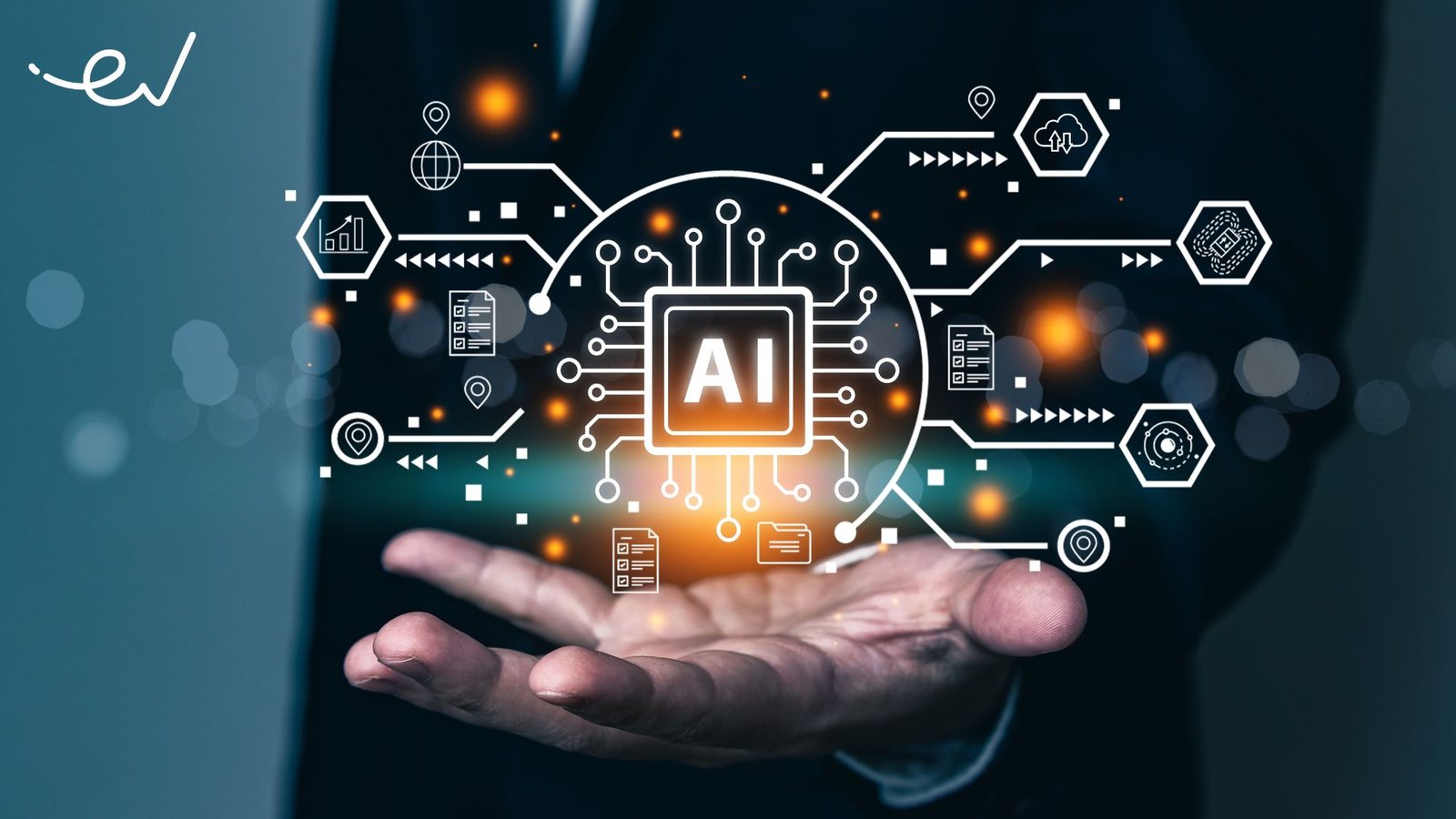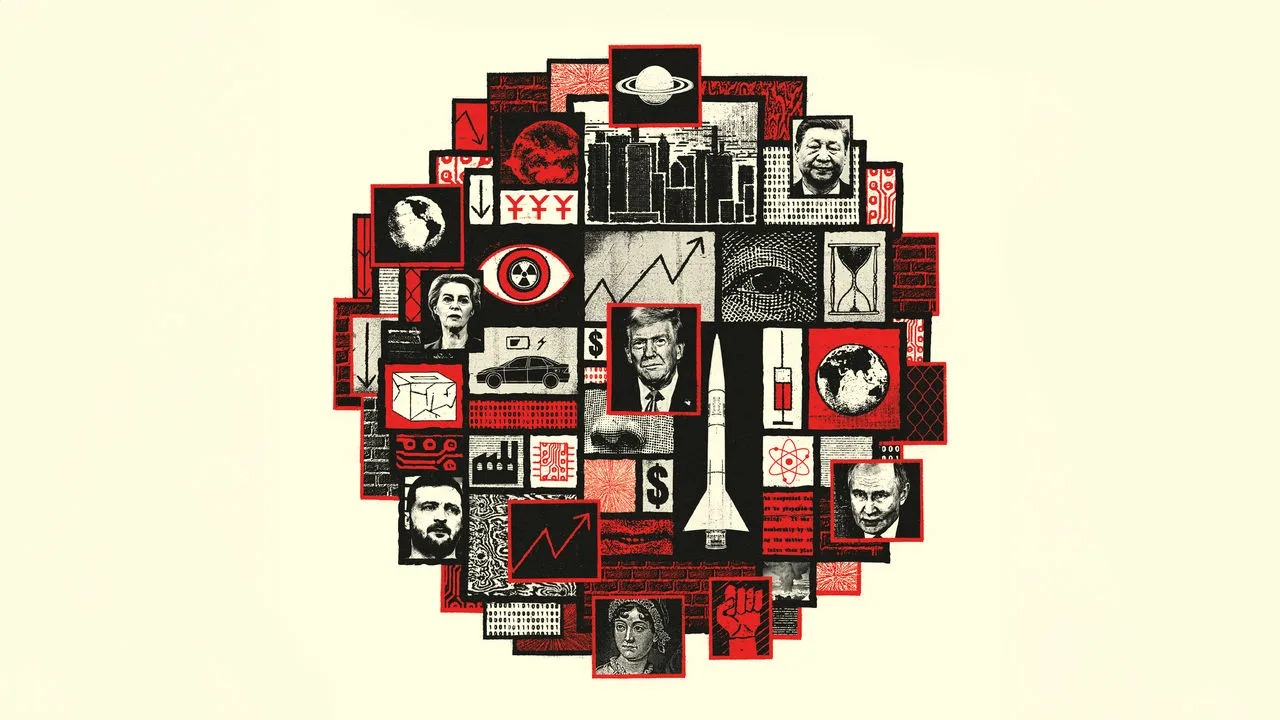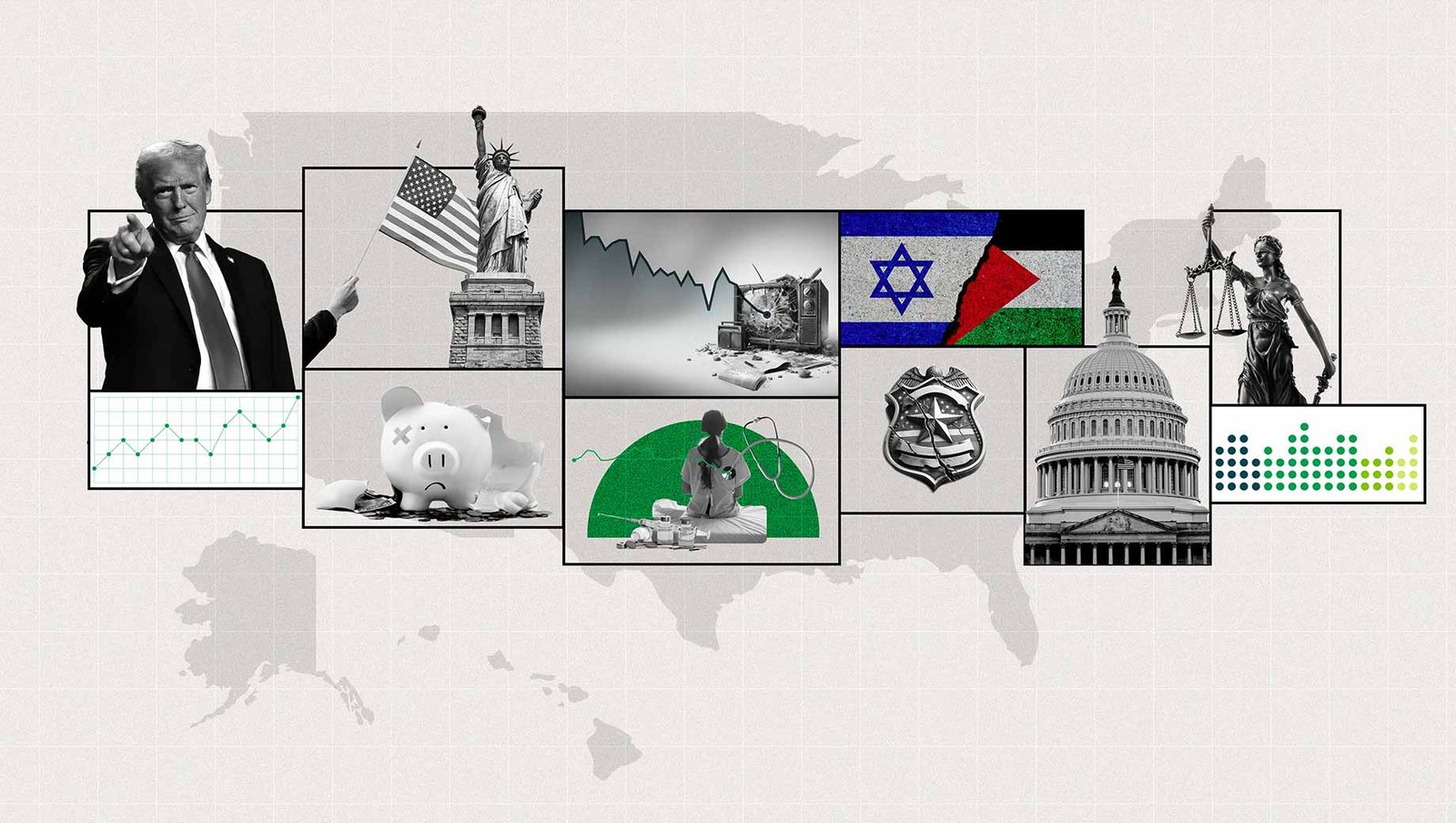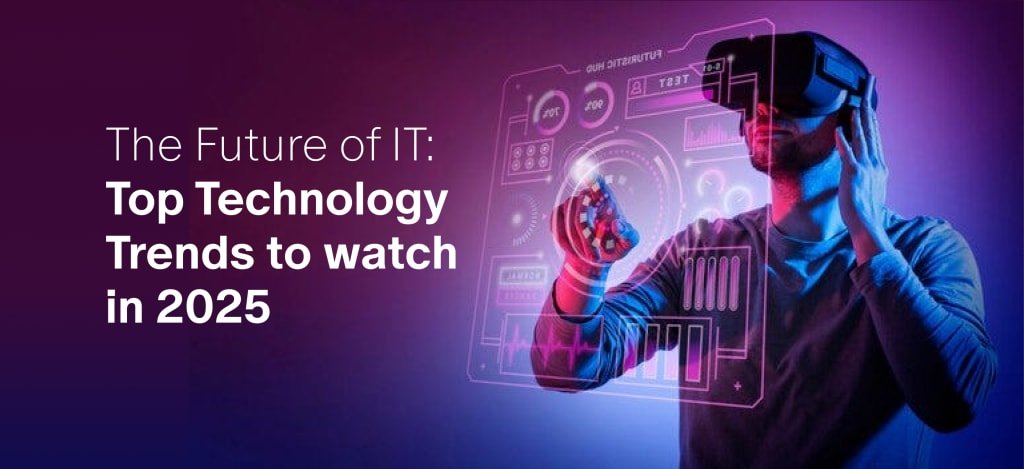Artificial Intelligence (AI) has been making headlines worldwide, shaping the future across various industries. From automating tasks to enhancing customer experiences, AI is revolutionizing the way we live and work. This article explores the latest advancements in AI, its impact on different sectors, and what the future holds for this groundbreaking technology.
AI in Everyday Life
AI has seamlessly integrated into our daily lives, often in ways we don’t even notice. Virtual assistants like Siri and Alexa, recommendation algorithms on Netflix and YouTube, and even smart home devices operate using AI. These applications continuously learn from user behavior, improving efficiency and providing personalized experiences.
Furthermore, AI-powered chatbots are transforming customer service by offering 24/7 assistance, reducing wait times, and resolving queries efficiently. Businesses are increasingly adopting AI-driven solutions to enhance productivity and reduce operational costs.
AI in Healthcare
One of the most promising applications of AI is in the healthcare sector. AI-driven diagnostic tools can detect diseases like cancer at an early stage, increasing survival rates. Algorithms analyze medical records, predict patient conditions, and suggest treatment plans, significantly improving healthcare outcomes.
During the COVID-19 pandemic, AI played a crucial role in vaccine development, contact tracing, and predicting infection patterns. Hospitals are also utilizing AI-powered robots to assist in surgeries, reducing human error and ensuring precision.
AI in Business and Marketing
AI has transformed the business landscape by optimizing marketing strategies and streamlining operations. Companies use AI to analyze customer data, predict trends, and create targeted marketing campaigns. Personalized advertisements based on browsing history and preferences improve conversion rates and customer engagement.
In eCommerce, AI enhances the shopping experience with chatbots, virtual shopping assistants, and automated inventory management. AI-driven automation reduces human intervention, increasing efficiency and reducing costs.
AI in the Job Market
While AI offers numerous benefits, it also raises concerns about job displacement. Automation is replacing repetitive and manual tasks, leading to fears of unemployment. However, experts suggest that AI will create new job opportunities, requiring human skills such as critical thinking, creativity, and problem-solving.
Governments and educational institutions are focusing on reskilling and upskilling programs to prepare the workforce for AI-driven industries. The key lies in adapting to the evolving job market and embracing AI as a tool rather than a threat.
Ethical Concerns and Challenges
As AI continues to evolve, ethical concerns regarding privacy, bias, and security emerge. AI algorithms rely on vast amounts of data, raising concerns about data privacy and misuse. Bias in AI models can lead to discrimination, impacting decision-making in hiring, lending, and law enforcement.
To address these challenges, tech companies and policymakers are working towards implementing ethical AI guidelines, ensuring transparency and accountability in AI applications. Responsible AI development and regulation are crucial to maximizing benefits while minimizing risks.
The Future of AI
The future of AI is full of possibilities, with advancements in deep learning, neural networks, and quantum computing on the horizon. AI is expected to revolutionize industries like transportation, finance, and education. Self-driving cars, AI-powered financial advisors, and personalized learning platforms are just a glimpse of what’s to come.
As AI continues to evolve, collaboration between researchers, policymakers, and businesses is essential to harness its potential responsibly. With ethical implementation and continuous innovation, AI can drive progress and improve lives globally.
Conclusion
Artificial Intelligence is shaping the future, impacting various aspects of life and business. While it brings challenges, the benefits outweigh the risks when used responsibly. As technology advances, embracing AI with an open mind and ethical considerations will ensure a more efficient, innovative, and inclusive world.








Leave a Reply